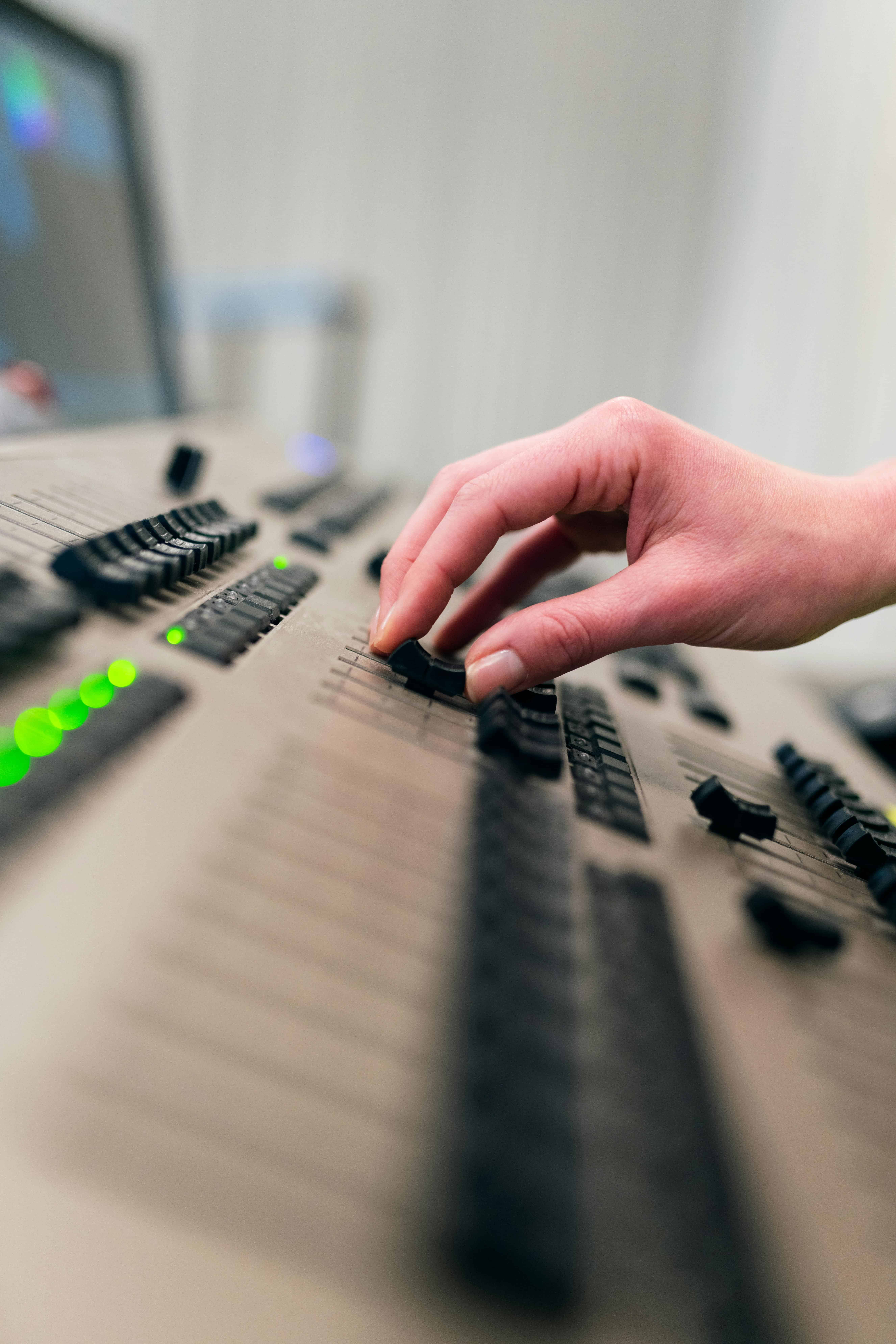Q&A with a Consultant
This week we’re proud to celebrate National Engineers Week. The 2025 theme, “Design Your Future”, highlights the impact and limitless possibilities of a career in engineering. We spoke with Scott, a senior acoustical consultant, to discuss his insights and industry experiences.
Any advice you’d give someone considering a sound/acoustical engineering career?
As with any professional career, clear communication is vital. Hone your technical writing skills, and practice communicating complex concepts to laypeople. The way sound works can be unintuitive to the uninitiated.
It’s mainly mechanical engineering, so technical subjects (physics, math, materials science, etc.) are important, but so is ear training. If you’re a musician, you’re likely to have those skills. If not, consider taking some music classes. Listening is important.
How do you maintain knowledge of technologies and advancements in this industry?
Industry newsletters, such as those issued by the ASA and NCAC, primarily. Most of the work in architectural acoustics involves standard construction materials, and there’s not a ton of innovation happening on those lines, but we regularly see new trends among manufacturers and builders. Architects also sometimes bring us new materials/applications for inclusion in new projects.
How would you define acoustic engineering and some specific challenges you solve?
Acoustic engineering, at least as a consultant, is the design of architectural spaces to best facilitate the anticipated usage of those spaces. This includes maximizing occupant comfort by controlling background noise, preserving speech clarity and intelligibility by controlling reverberant sound energy with acoustic treatments, and designing demising construction to provide an appropriate degree of sound isolation between spaces. The goal is to provide the best balance of acoustic performance, cost-effectiveness, and constructability. It can be a challenge to accomplish all the acoustic goals of a project within the project budget, and without negatively affecting aspects of the project that are prioritized by the rest of the design team (e.g., floor space, visual aesthetics).
At D.L. Adams Associates, sound is our business. Contact us to learn how we can help you with your next project.


